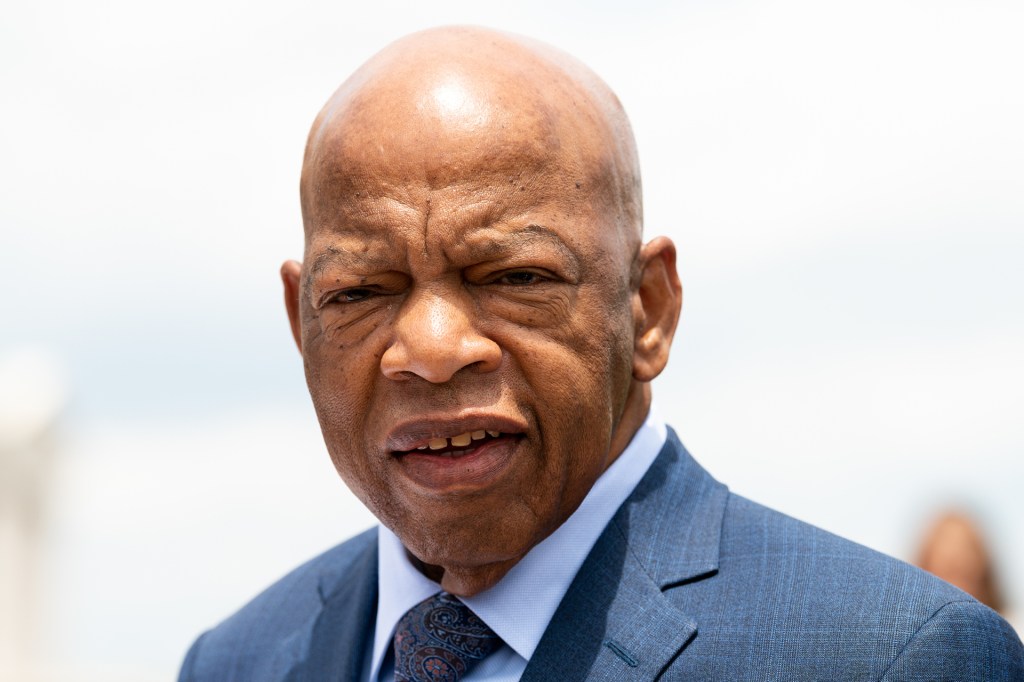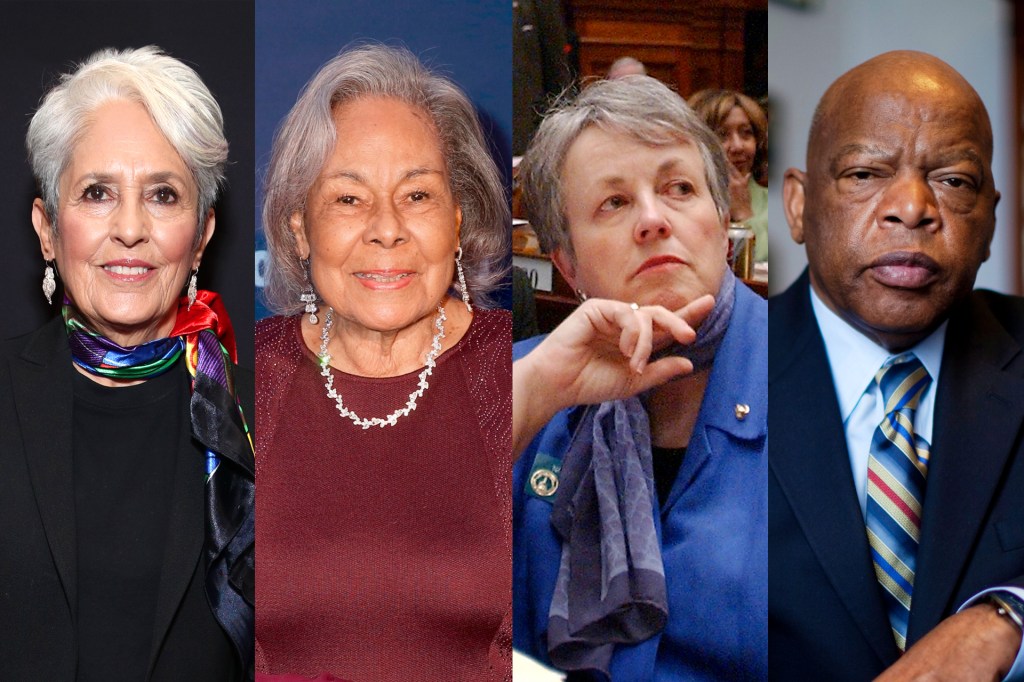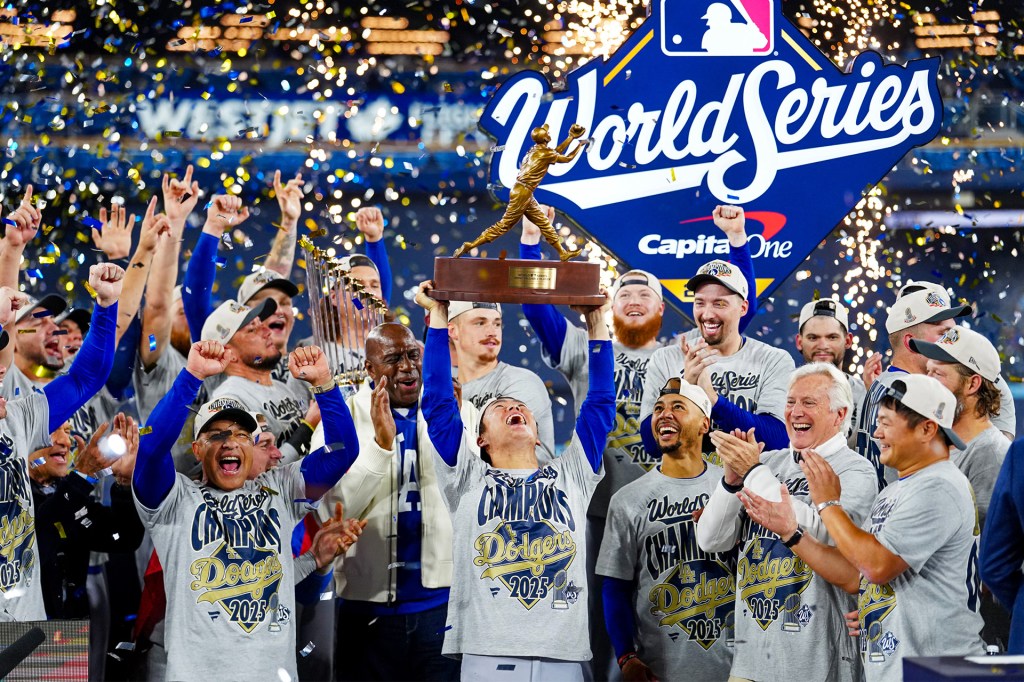Passing of an Icon

Representative John Lewis, longtime congressman for Georgia, died on Friday after a battle with pancreatic cancer. He was 80 years old. House Speaker Nancy Pelosi confirmed Lewis’s death in a statement on Monday. “Today, America mourns the loss of one of the greatest heroes of American history,” she said.
Lewis devoted his life to fighting for equality for all Americans. He served in the United States Congress for more than 30 years, and he was one of the last living leaders of the civil rights movement. He marched beside Martin Luther King Jr. in the 1960s, and he used what he learned to promote activism among generations of young people.
Civil Rights Leader
Lewis was born in Troy, Alabama, in 1940. At the time, the South was segregated. Laws were in place that made Black people second-class citizens. “I had grown up in rural Alabama very, very poor,” he wrote in TIME. “I saw signs that said ‘White’ and ‘Colored’ . . . And I would ask my mother, my father, my grandparents, ‘Why? Why is that?’ And they’d say, ‘That’s the way it is.’”
Lewis could not accept that answer. At 18, he heard King speak on the radio. It spurred him to action. He took part in sit-ins at segregated lunch counters in Tennessee. In 1961, he joined the first Freedom Riders. These demonstrators, Black and white, traveled by bus through the South to challenge segregation at bus terminals.
Lewis was one of the organizers of the March on Washington, in 1963. That’s where King made his “I Have a Dream” speech. Lewis also spoke at the event. “How long can we be patient?” he asked the hundreds of thousands who’d gathered in the nation’s capital. “We want our freedom, and we want it now.”
A few years later, Lewis led another of the most famous marches in American history. In March 1965, he and 600 people walked from Selma to Montgomery, Alabama, to push for voting rights for Black people. At Selma’s Edmund Pettus Bridge, they were met by police, who ordered them to turn back. The protesters refused, and were beaten by police. Television coverage of the violence outraged the nation and drew support for the Voting Rights Act. On August 6, President Lyndon Johnson signed it into law.
On to Congress
In 1986, Lewis started his career as a member of the U.S. House of Representatives. He became known as “the conscience of Congress,” earning respect from leaders in both parties. In 2016, a shooting in Orlando, Florida, left 49 dead. Lewis led memebers of Congress in a 25-hour sit-in to force the House to vote on gun control.
This June, George Floyd was killed by police in Minneapolis, Minnesota. Lewis viewed the protests that followed as a continuation of his work. Speaking to CBS This Morning, he said, “It was very moving, very moving to see hundreds of thousands of people from all over America and around the world take to the streets—to speak up, to speak out, to get into what I call ‘good trouble.’ . . . There will be no turning back.”













